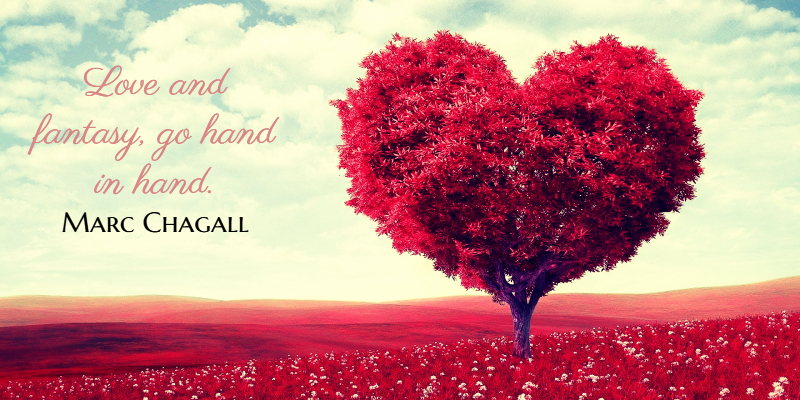Imprecise Love

Love is a funny word. As an emotional descriptor it's imprecise at best, disastrous at worst.
Someone who says "I love you," might mean "I would sacrifice my health and comfort and safety just to see you happy. I think that you are a beautiful human being inside and out and I hope that we always get to be together and grow closer and share a life and a journey. No matter what hardships come our way, I won't ever abandon you."
While someone else who says "I love you," might mean something like "Yeah, you're pretty hot. So hot that I don't mind taking out the garbage even when it's not my turn. I'm willing to be exclusive, because you make me feel good about myself... at least until someone hotter comes along at which point your little foibles are going to become big, unforgivable faults and this new shiny person will be my new love that props up my self esteem but yeah 'til then you're it."
And those two people above might say "I love you" to one another for years, without ever realizing they are saying two very different things, until something or someone comes along that disrupts the status quo.
When that happens, one person feels cheated and the other feels baffled, but no one lied. It's a language fault. And this represents a conundrum, because the more one speaks about an emotion, the less weight the words have... but actions can be driven by any number of things, and are, in and of themselves, no true proof of motive.
No matter how many people we surround ourselves with, we're all very alone in the world, trapped inside the flesh through which we process existence (ours and everyone else's).
Words are a clumsy substitute for being immersed inside the myriad of chemical transmutations going on within our minds, or the ever-shifting emotional landscape carved out by our souls.